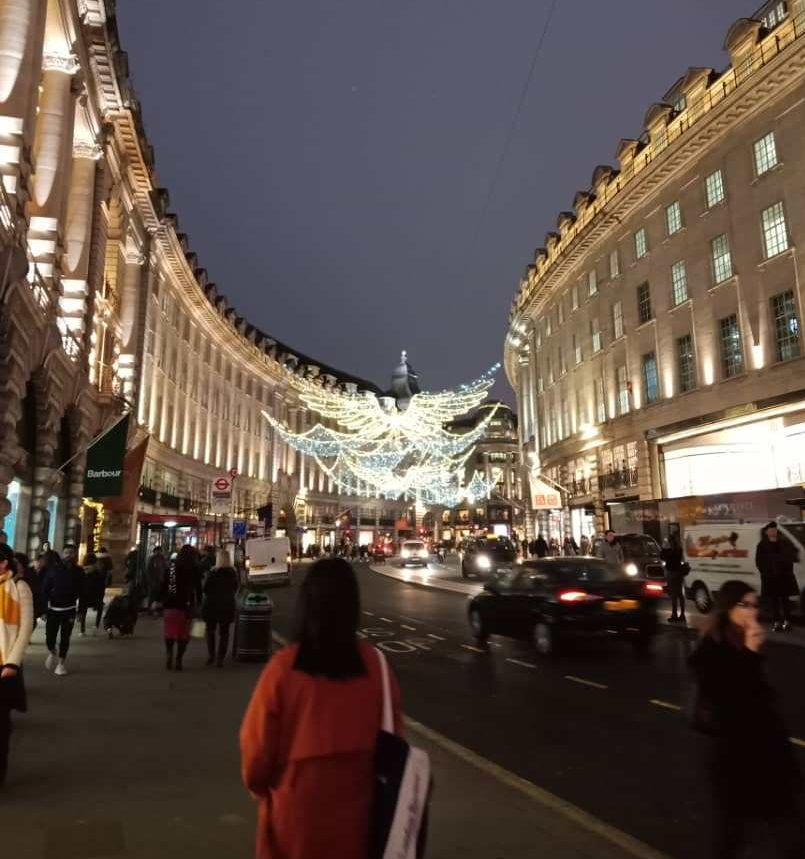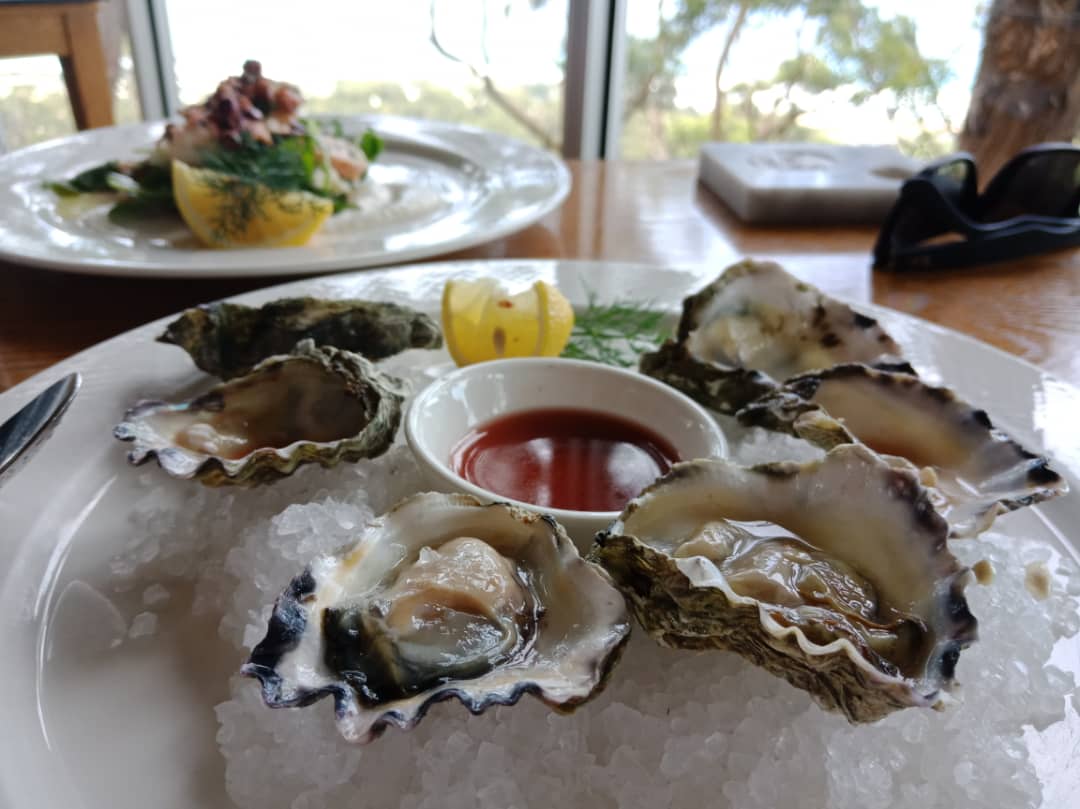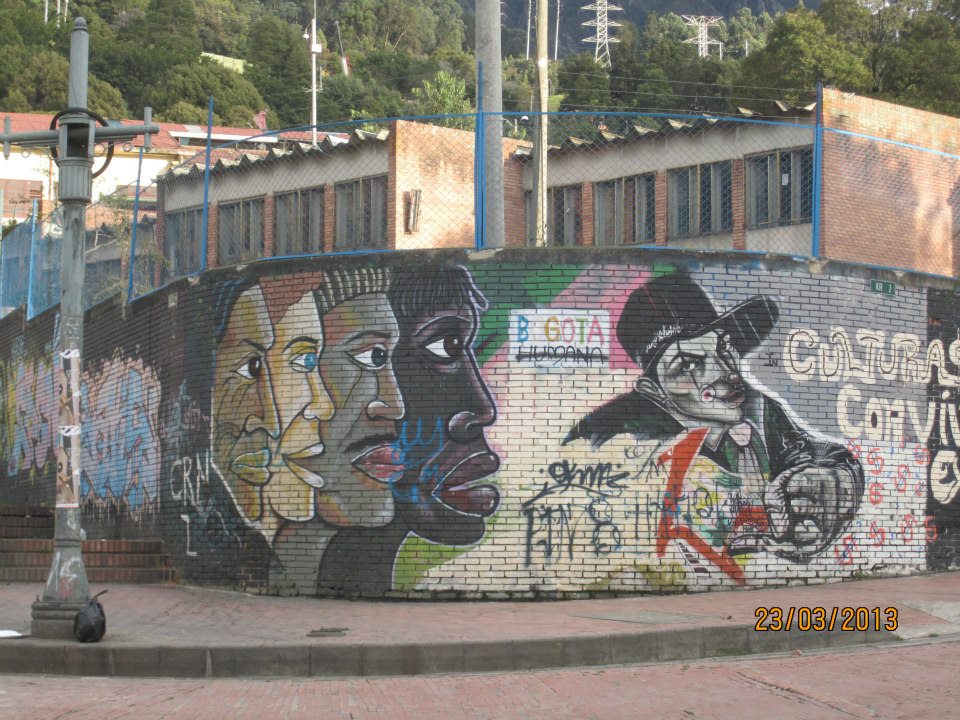Hi Money-Savers,
Mrs. Money here, and I’m excited about my first post!
I’m in London for work, but thanks to jetlag that has me up at 5am, I’ve managed to set aside some time to update you guys on my thinking around money while travelling. Mr. Money is back home in KL, excited about Grab Food’s 50% off promo for orders above RM60 deal. (He’s ordered for lunch and dinner; he will write a separate post on his spending related to food).
I love to travel. Always have.
My first taste of solo travel was on an exchange program to Brazil when I was 17. My parents seemed to think that I was mature and savvy enough to take my first solo trip to the other side of the world when I was still technically a child. Since then, I have learned a thing or two from my numerous travels – living in London and New York, backpacking across Europe, solo travel to replenish my soul in Barcelona, Bali, Lake Toba (if you’ve never heard of Lake Toba, you’re welcome). Now I travel a lot with work, which really is a new chapter in my travel book.

Let’s start with this — travel for any reason that is not related to work, is a luxury and usually puts a dent in your savings. Early on in my professional life, I thought “I don’t make enough to save anyway, and since I work so hard, I deserve to spend my money on things I love, like travel!”. I now want to knock my 23-year old self over my head with a heavy branch, but I think a lot of people do think that way.
Everyone has something that they feel is worth spending money on. It’s all about VALUE. What does that amount spent bring in terms of value to your life. Some people (like Mr. Money), pay a good amount to his personal trainer because that being his only form of exercise keeps him accountable, fit and feeling like he can take on the world. Some people feel strongly about the environment and their carbon footprint, and will spend that extra amount on purchasing organic produce and food. Some, like me, love travelling and are happy to part with their money for the joy and experiences that travel bring.
This post is about how you can travel and enjoy all the wanders travel brings, without spending money that you don’t have to. That’s the key phrase. How can you enjoy a lot of the same things, for less. There are a lot of tips out there on saving for travel, so I won’t repeat the common ones, but here are my top ones that I have used.
As a starting point, my most important tip is research, research and research. And this doesn’t have to be endless hours in front of a computer. But just having a good sense of basic ways to save money in the country you are travelling can take you some way in achieving your FI goals!
1. Cheap tourist data plans
If you are travelling alone and need to use Google Maps or just need to stay in touch, there is nothing more annoying that constantly trying to look for free wifi.
TIP: Almost every country now has cheap tourist data packages. For example in Bangkok, you can get a generous data plan for 7 days for just THB 300 (equivalent to RM38 – which is what Maxis charges for one day of roaming!). You usually can get them at the airport, but in some countries, that might still be expensive compared if you just step out and walk into a store. Do 5 minutes of homework before travelling to see what data package is out there, and travel without fuss.
2. “Do I NEED it?”: Saving money on random travel purchases
One of the worst ways you can throw money away is buying random crap when travelling. I have learnt this very late in my travel life. Things that my seem exotic and novel in the moment, almost never feel so when back home and just end up collecting dust, or worse, being thrown out.
TIP: Either have an idea of what items you NEED (e.g. I look for shoes when in Europe as I find it hard to find my size in Asia) or things you really want and know you will use/enjoy AND that you can only find in that country. For example, if you are a collector of beautiful cloths that you like to display at your home, and find something you love, by all means! But be clear when you are buying where it sits in your home, and how much value it will actually bring to you. Mr. Money is so good at this, and it really helps when he’s with me to ask me the question I really don’t want to hear: “But do you really need it”? Or “Where will it go at home?”. It’s almost always a “no”/ “nowhere”.
3. Food
One of the greatest joys of travel: food! And I get that. Really. So what’s the best way to save money here?
TIP: Usually there are 3-4 dishes that are “must tries” in a country. Research where to get them (and many times they are local, inexpensive food), and make sure you have them. But there are some other money-saving tips worth noting:
Dine-in vs take out. Dining in, you just end up spending more – getting sides, a drink, maybe desert. If it’s a famous restaurant you really want to try, sure. But if you really just want to enjoy the food, why not take away that fish and chips or paella, find a beautiful spot in a park and chow it down? Mr Money and I may do one nice meal at a restaurant a day, but have breakfast at home (if you can make your own at the BnB), and a to-go simple lunch/dinner from a local grocery store or deli. That way, you’re not missing out on the delicious local food, but you’re not wasting money on meals that don’t add anything to your memory bank/travel experience.
Speaking of which, why do people order drinks at restaurants? Carry your own water! I must have saved tens of thousands of Ringgit in my lifetime (try to compound the interest from RM5,000 saved over 10 years) from almost never ordering a drink when I’m out. I usually have a water flask with me, and if I don’t, I ask for tap water (I’ve been known to call the manager when waiters refuse to serve tap water, much to the embarrassment of my friends!). Who needs that extra sugar anyway? And I would much rather spend money on a delicious meal than half the price of a meal on some drink that adds nothing to my experience. This is something Mr. Money has also picked up, seeing that eating out was one of his biggest expenses in the past.

4. Hotels vs AirBnB
I’m surprised that people still book hotels anymore!
TIP: In most cities, you can get a cosy, central and safe place through AirBnB for a fraction of the price of a hotel. Look out for SuperHosts, and good location easily accessible by public transport.
5. Best ways to see the city
TIP: Forget expensive tour buses – go on a free walking/bike tour! This is very common in Europe and other developed countries, where you just pay the tour guide any amount you want – although perhaps less so in other parts of the world. Alternatively, just get by on foot or with free buses to explore the city on your own (nothing beats out good old fashioned research to plan out your route). There is something quite magical about getting lost in a city – always bearing in mind the usual safety precautions – with a map, a big bottle of water and good walking gear. Some of my most memorable holidays have just been low-budget trips exploring towns and cities on my own. As long as you plan your route so you’re not going all over the city everyday, you can usually get around easily on foot in many countries.
We do however feel that there are circumstances where it makes more sense to use a tour operator. We are travelling to India next month, and decided to go with a private tour operator for our travels in Rajasthan, mainly because of (i) additional work we would have to do in planning logistics that is usually unpredictable there (ii) difficulty getting around and (iii) dealing with some locals vendors who have a reputation for fleecing tourist on a regular basis – and all of this would have outweighed the cost involved. We’ll let you know how that worked out in a later post!

6. Flights
There are lots of money saving tips here, from flexible dates, to booking early, to using Skyscanner, all of which I won’t get into it. But some tips that I applied recently:
TIP 1: Sign up for a miles program. Now it’s important to bear in mind that this is not always a financially savvy thing to do, as ideally you should be aiming for the best deal regardless of airline. However if you travelling for work (and assuming you are paying first and getting reimbursed), including travel points from your work trips in this program will leverage the miles you earn which you can then use for personal travel (this works similarly for points earned from ride-hailing services).
TIP 2: If travel is one of your largest expenses, also get a credit card that leverages that. You can check out some good ones here.
TIP 3: Packing efficiently is important to avoid surcharges for luggage on low cost flights. If you pack smartly, we have found that there is very few instances where you need to check-in your luggage especially if you are flying (for a holiday) regionally. It also has the added bonus of saving time as you are exiting the airport, and avoids having you waste time planning out your wardrobe while on holiday as you have already planned out each day when you were packing. I could write a whole post about packing efficiently, if anyone is interested!
Hope this was helpful, but now we would love to hear from you! What are some money-saving tips you have when travelling?
These are wonderful tips, and I really agree with you about spending money on the things you most value in life. For me that’s travel, and also niche perfume 🙂
I’ve also started buying practical souvenirs that I can actually use when I’m back home, instead of odd bits and statues that will just sit somewhere collecting dust.. A favourite tip of mine is to hit up a local grocery or department store. I did this in Taiwan and came away with beautiful ceramic mugs that I still use in my bathroom, some ginger-scented lotions, and cute candy containers that I use for my sewing supplies. So these everyday things always remind me of my travels whenever I use them, and my shelves are pretty easy to dust too.
LikeLike
That’s a great tip to make sure you’re finding something local and unique that reminds you of your travels. We’ll hopefully get to do that in our travel to India next week! Thanks for sharing!
LikeLike